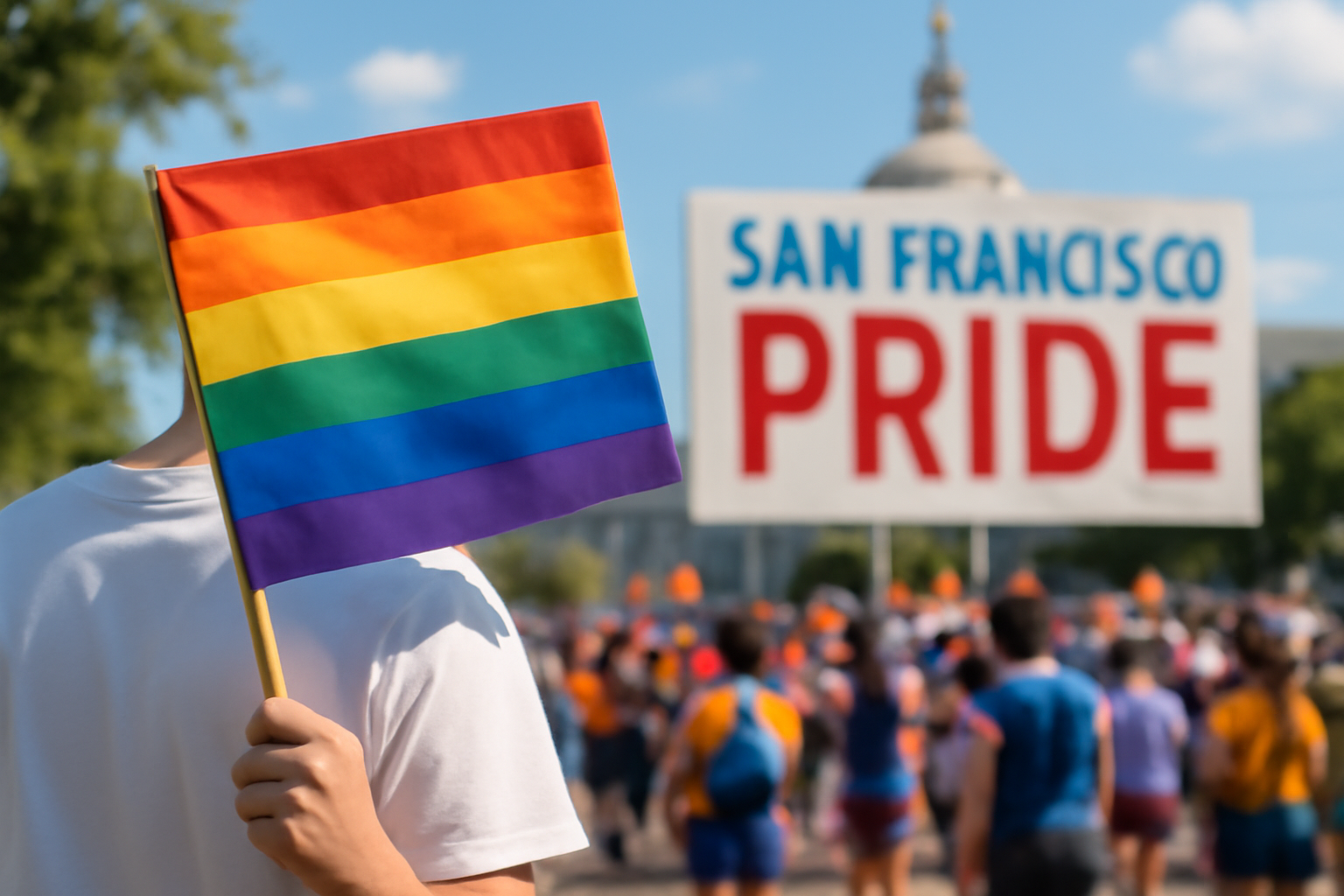
Several high-profile corporations have recently made the decision to withdraw their financial support for the San Francisco Pride event. This move has sparked a wide range of reactions from both within the LGBTQ+ community and the public at large. The decision by these companies comes at a time when many Pride organizations across the United States are grappling with how to navigate corporate sponsorships, especially in the current socio-political climate.
Background of San Francisco Pride
San Francisco Pride is one of the largest and most well-known Pride events in the world. It has a rich history of celebrating the LGBTQ+ community and advocating for equality, acceptance, and inclusion. Every year, the event attracts hundreds of thousands of participants and spectators from around the globe. The event not only serves as a celebration of LGBTQ+ identity but also as a platform for raising awareness about issues affecting the community.
Corporate sponsorships have long played a significant role in funding Pride events, including San Francisco Pride. These sponsorships help cover the costs associated with organizing and executing such a large-scale event, ensuring that it is both safe and exciting for all who attend.
Reasons for the Withdrawal
While the companies involved have not all publicly disclosed their reasons for withdrawing support, several have cited a desire to reassess their sponsorship strategies to better align with their corporate values and responsibilities. Some corporations have pointed to recent controversies surrounding Pride events and the need for these events to reflect the diversity and inclusion commitments that these companies espouse.
Others have noted financial considerations as a factor, with economic challenges prompting a reevaluation of sponsorship commitments. This reflects a broader trend across many sectors, where companies are taking a closer look at their spending in light of economic uncertainty.
Community Reactions
The response from the LGBTQ+ community has been mixed. Some community members have expressed disappointment, viewing the withdrawal of sponsorship as a retreat from corporate support for LGBTQ+ rights. They argue that these sponsorships are not merely financial transactions but symbolic gestures of solidarity with the community.
On the other hand, some activists see this as an opportunity to re-evaluate the relationship between Pride events and corporate sponsors. They argue that Pride should remain true to its roots as a grassroots movement focused on activism and social change, rather than becoming overly commercialized.
The Future of Pride Sponsorship
As Pride organizations like San Francisco Pride look to the future, the question of how to balance corporate sponsorship with community values remains a pressing issue. Pride events must consider how to maintain financial sustainability while staying true to their core mission of advocating for LGBTQ+ rights.
Some suggest that this could be an opportunity to diversify funding sources, seeking out partnerships with local businesses and organizations that are deeply embedded in the community. Others propose a greater reliance on individual donations, allowing community members to take a more active role in supporting the events they cherish.
Despite the challenges, there is optimism that Pride events will continue to thrive and evolve. The withdrawal of some corporate sponsors presents both challenges and opportunities, prompting a renewed focus on what Pride truly means and how it can continue to make a positive impact on society.
Ultimately, the decision by some corporations to withdraw support is a reminder of the ongoing struggle for LGBTQ+ rights and the importance of community resilience and advocacy. As these events move forward, they will continue to serve as powerful reminders of the progress made and the work still to be done in the fight for equality and acceptance.
Related Posts
Triumphant Trans Woman Wins Legal Battle and Inspires Others to Stand Up for Their Rights
Breaking new ground: a landmark victory in transgender rights After battling in courtrooms and enduring endless challenges, Diana Portillo, a transgender woman, has secured a monumental victory in her decade-long fight against workplace discrimination. The result? Nearly $1 million awarded in a historic settlement. But this isn't just a win on paper—it represents a powerful precedent in combati [...]
Pride Month in Latin America: Protests and Demands for Equality
**Celebrating Pride and advocating LGBTQ+ rights in Latin America** Pride Month in Latin America was a lively mix where celebration met activism. Communities united, not just throwing a party but making a stand—demanding equality and pushing governments toward better protection and rights recognition. Throughout Latin America, pride events erupted in marches and cultural displays, each with a c [...]
Transgender Erasure Actions Implemented by National Park Service
```html Trump administration's impact on national park service and transgender recognition The Trump administration made notable moves in undermining transgender representation, which included directing agencies like National Park Service not include "T" and "Q" when they refered “LGBTQ” in any official communication. This move seems part a broader plan by this administration aimed at reducin [...]